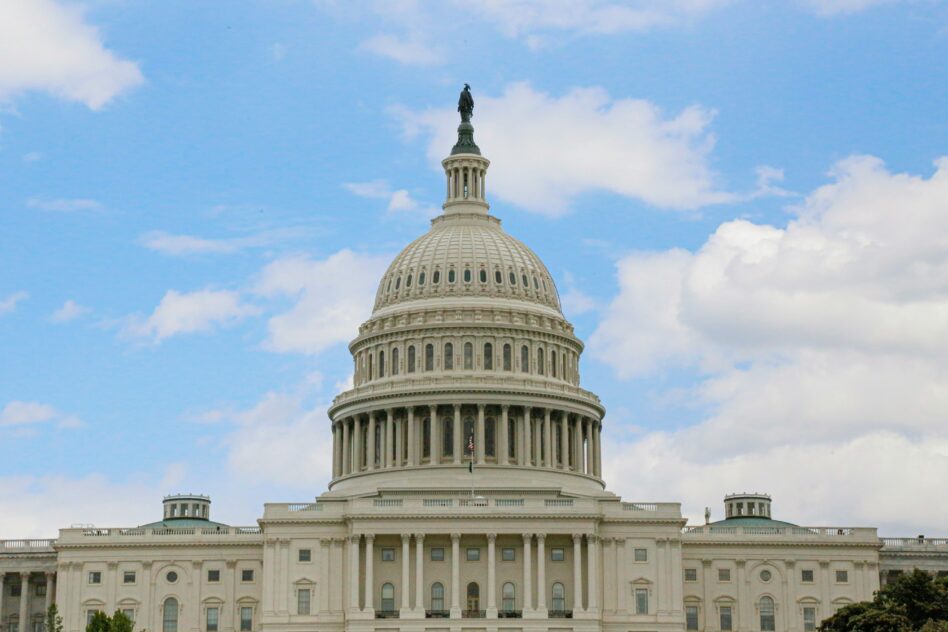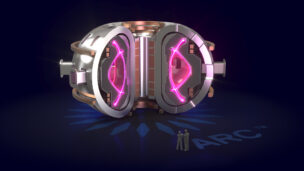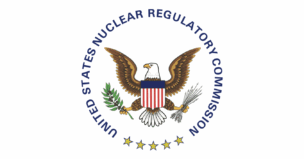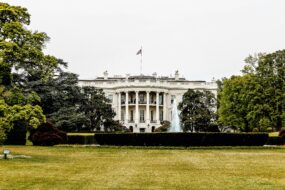In a country where it’s tough to find broad bipartisan support for most anything, fusion energy has managed to buck the trend. At least, that’s how it sounded from the stage Wednesday afternoon at the Fusion Industry Association meeting, where the US House Fusion Energy Caucus co-chairs and vice chairs reassured the industry that they’re all in on fusion.
Reps. Chuck Fleischmann (R-TN), Don Beyer (D-VA), Jay Obernolte (R-CA), and Lori Trahan (D-MA) lead the congressional Fusion Energy Caucus, which aims to solidify and maintain government support for the pursuit of fusion power in the US.
Let’s talk money: The biggest issue the fusion industry wants the government to solve is, unsurprisingly, funding. While fusion research is ongoing, the private sector says it requires increased government commitment—and that the reward is worth it. The panel agreed.
“Now that we have millions of dollars of private investment flowing into fusion energy, we need to fight against the feeling in Congress that our work is done,” Obernolte said. “You and I both know that is not true. There’s a lot of basic research that still needs to be done, and the federal government is going to have a key role to play in getting that done.”
The workforce question: Congress is also looking to ensure that the fusion sector can develop a strong pipeline of workers at every stage of manufacturing and the supply chain. That covers not only physicists, but also machinists, electricians, welders—you name it, the fusion industry needs it.
“We do have to think of how we want to attract more people to this field, and how we’re going to get ready for, you know, hooking up to our grid, advanced manufacturing, whatever it might be, so that you have a workforce to really pour the accelerant on your innovation,” Trahan said.
The elephant in the room: You know we were going to talk about China. The representatives expressed concerns that China could win the race for energy dominance, noting that China is investing in fusion research at a rate roughly double that of the US. To Congress, that’s a serious national security issue.
“They are counting on the fact that developing countries are hungry for things like infrastructure and energy, and they are catering to that, to foster their relationship with those countries,” Obernolte said, referring to China. “If we don’t meet the moment, if we don’t approach the same countries and have an alternative source of these necessities for them, then they will have no choice but to go to China.”
The big picture: House caucuses are voluntary groups that aim to show support for particular government efforts, and they don’t independently have the power to pass funding or legislation. The existence and size of a caucus can, however, indicate significant support for an issue. In this case, the Fusion Energy Caucus is looking to show the new administration and appropriators that fusion is worth funding and focusing on.
Lead Reporter of Ignition





